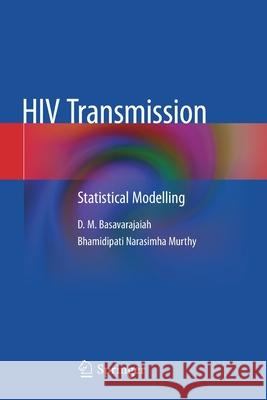HIV Transmission: Statistical Modelling » książka
topmenu
HIV Transmission: Statistical Modelling
ISBN-13: 9789811501531 / Angielski / Miękka / 2020 / 318 str.
HIV Transmission: Statistical Modelling
ISBN-13: 9789811501531 / Angielski / Miękka / 2020 / 318 str.
cena 471,61
(netto: 449,15 VAT: 5%)
Najniższa cena z 30 dni: 443,35
(netto: 449,15 VAT: 5%)
Najniższa cena z 30 dni: 443,35
Termin realizacji zamówienia:
ok. 16-18 dni roboczych.
ok. 16-18 dni roboczych.
Darmowa dostawa!
Kategorie BISAC:
Wydawca:
Springer
Język:
Angielski
ISBN-13:
9789811501531
Rok wydania:
2020
Wydanie:
2020
Ilość stron:
318
Waga:
0.50 kg
Wymiary:
23.39 x 15.6 x 1.88
Oprawa:
Miękka
Wolumenów:
01
Dodatkowe informacje:
Wydanie ilustrowane











